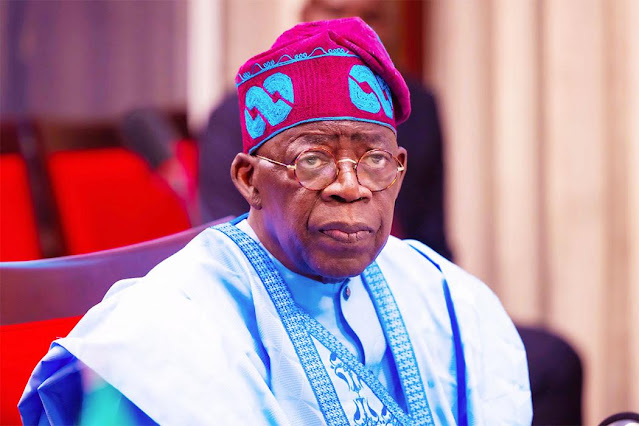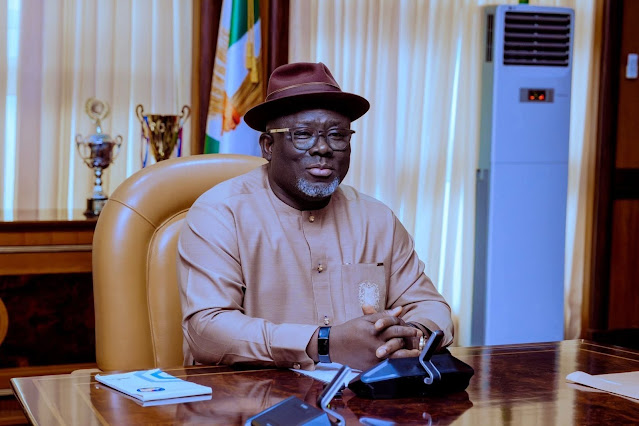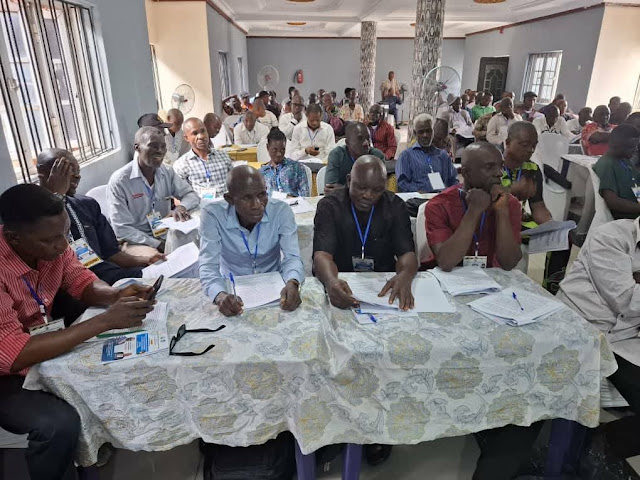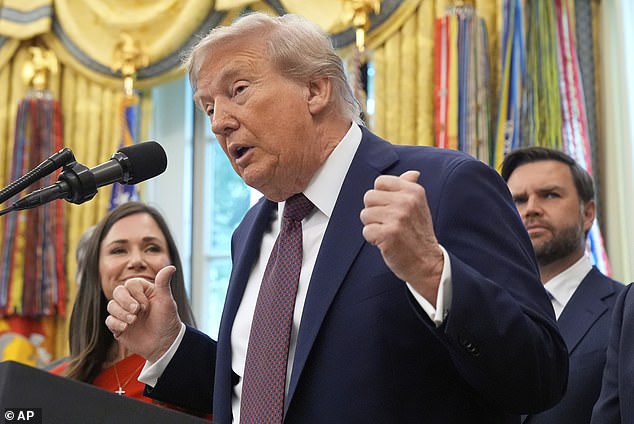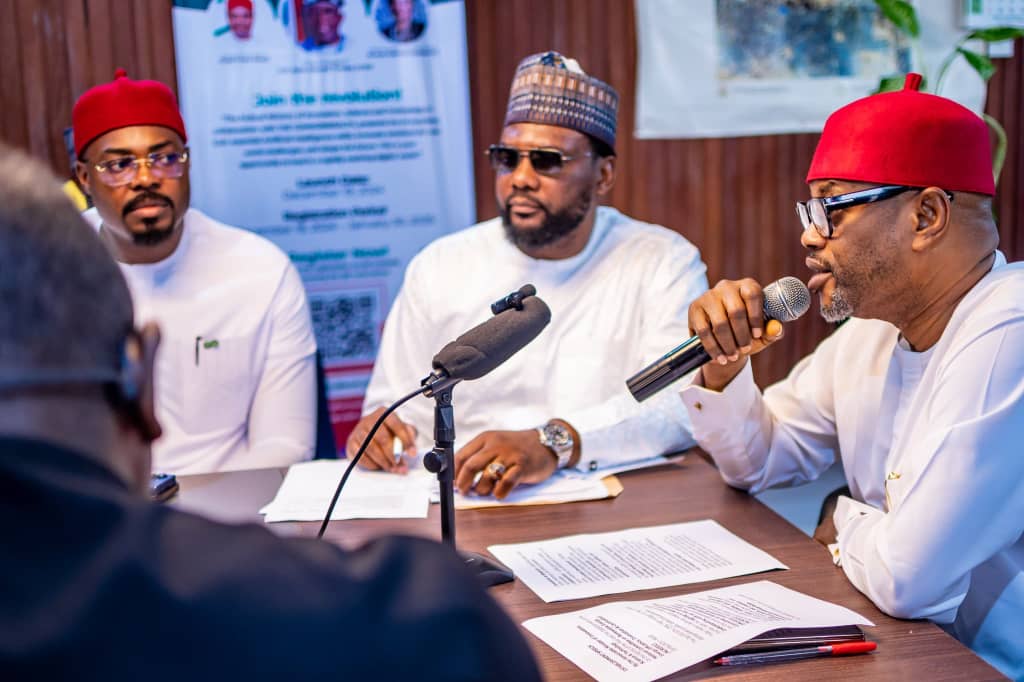In a resolute and forward-thinking address, President Bola Ahmed Tinubu has declared that the establishment of state police is an unavoidable necessity to tackle Nigeria’s escalating security challenges, particularly the rampant banditry plaguing the nation. The announcement, made during a courtesy visit by a delegation of prominent Katsina indigenes led by Governor Dikko Radda at the Presidential Villa in Abuja on September 2, 2025, underscores the administration’s determination to confront insecurity head-on. Tinubu’s directive signals a transformative shift in Nigeria’s approach to security, emphasizing localized policing, advanced technology, and strategic reforms to safeguard communities and restore stability. The President’s remarks also reflect a broader vision for addressing systemic weaknesses in the nation’s security architecture, with a focus on Katsina, a state that has become a hotspot for banditry and violent crime.
A Dire Security Landscape
Nigeria’s security challenges have grown increasingly complex in recent years, with banditry, kidnapping, and terrorism disrupting lives and livelihoods across various regions. The North-West, particularly Katsina, has emerged as a focal point of these crises, with armed groups exploiting porous borders and ungoverned spaces to perpetrate attacks. Bandits have targeted rural communities, schools, and highways, leaving a trail of destruction and fear. The audacity of these attacks has exposed vulnerabilities in Nigeria’s centralized policing system, which struggles to respond effectively to localized threats. Against this backdrop, President Tinubu’s announcement marks a critical acknowledgment of the need for a decentralized approach to security.
During his address, Tinubu highlighted the urgency of addressing these challenges, noting that the nation’s security woes, while daunting, are not insurmountable. He pointed to inherited weaknesses, such as inadequate border control and outdated security strategies, as contributing factors to the crisis. However, he expressed optimism that with determination, innovation, and collaboration, Nigeria could overcome these challenges. The President’s call for state police reflects a growing consensus that localized policing, tailored to the unique cultural and geographical realities of each state, is essential for effective security management.
The Case for State Police
The concept of state police has been a subject of intense debate in Nigeria for decades. Proponents argue that decentralizing policing would enable states to respond more swiftly and effectively to local security threats, leveraging their knowledge of the terrain and community dynamics. Critics, however, express concerns about potential abuses of power, political interference, and disparities in funding and capacity across states. Tinubu’s declaration that state police is “inevitable” suggests that the administration is ready to confront these challenges and move forward with constitutional and operational reforms to make state policing a reality.
The President’s directive builds on earlier efforts by his administration to explore state policing. In February 2024, the federal government established a committee to study the framework for state police, a move that signaled a willingness to rethink Nigeria’s security architecture. Although progress has been slow, with some states yet to submit their reports on the initiative, Tinubu’s renewed emphasis underscores the urgency of the matter. By prioritizing state police, the administration aims to empower states like Katsina, which have borne the brunt of banditry, to take charge of their security with the support of federal resources.
Strategic Measures to Combat Banditry
Tinubu’s address went beyond rhetoric, outlining concrete measures to address the security crisis in Katsina and beyond. He directed security agencies to conduct an immediate reassessment of their operations in Katsina, which has witnessed a surge in bandit attacks. This directive reflects a recognition that current strategies have fallen short in curbing the violence, necessitating a fresh approach. The President also announced the deployment of advanced military equipment, including drones and surveillance technology, to enhance the capacity of security forces to detect and neutralize threats.
The use of drones represents a significant step toward modernizing Nigeria’s security operations. These technologies can provide real-time intelligence, monitor remote areas, and track bandit movements, enabling security forces to respond more effectively. By prioritizing technological innovation, Tinubu’s administration is signaling its intent to move beyond traditional policing methods and embrace solutions that align with global best practices.
In addition to technological advancements, the President revealed plans to enhance the training and capacity of newly recruited forest guards. These guards, deployed to protect rural communities and combat banditry in ungoverned spaces, are a critical component of Nigeria’s security strategy. By equipping them with better training and resources, the government aims to strengthen community-based security efforts, ensuring that local actors play a central role in safeguarding their regions.
Addressing Systemic Weaknesses
Tinubu’s remarks also shed light on the systemic issues that have fueled Nigeria’s security challenges. He acknowledged the problem of porous borders, which have allowed bandits, arms traffickers, and other criminals to operate with relative impunity. These borders, particularly in the North-West, have long been exploited by non-state actors, contributing to the proliferation of illegal arms and cross-border criminal activities. The President’s commitment to addressing these weaknesses reflects a broader vision for reforming Nigeria’s security architecture, including strengthening border control and enhancing intelligence-sharing among agencies.
The directive to security agencies to “energize further” and review their strategies underscores the administration’s proactive stance. Tinubu emphasized that he has instructed security chiefs to provide daily briefings on operations in Katsina, signaling a hands-on approach to monitoring progress. This level of oversight is intended to ensure accountability and drive results, as the government seeks to restore public confidence in its ability to tackle insecurity.
Honoring a Legacy, Building a Future
During the courtesy visit, Tinubu took a moment to pay tribute to former President Muhammadu Buhari, who passed away recently. He described Buhari’s death as a loss for the nation but emphasized that the former leader left behind a legacy of success. “He didn’t hand over a defeated country or a battered political structure, but a legacy of success,” Tinubu said, assuring the delegation that Buhari’s contributions would be preserved. This acknowledgment reflects Tinubu’s respect for his predecessor’s efforts, particularly in the fight against insurgency and terrorism, even as he seeks to build on that foundation with new strategies.
The Katsina delegation, led by Governor Dikko Radda, expressed gratitude for Tinubu’s consistent support for the state. Radda noted that the President had never rejected his requests for assistance, highlighting a collaborative relationship between the federal and state governments. Other speakers, including former Governor Aminu Masari and Ibrahim Ida, the Wazirin of Katsina, praised Tinubu for honoring Buhari and investing in infrastructure projects in the state. These projects, including the Kano-Maradi Rail project, are seen as critical to boosting economic development and addressing some of the root causes of insecurity, such as poverty and unemployment.
Calls for Targeted Interventions
While commending Tinubu’s efforts, the delegation also urged the federal government to prioritize specific interventions in Katsina. Ibrahim Ida, in particular, highlighted the need to upgrade the Umaru Musa Yar’Adua International Airport to optimize its usage and enhance connectivity in the state. He also called for intensified security measures in southern Katsina, where banditry remains a pressing concern. These requests underscore the importance of tailoring federal support to the unique needs of each region, ensuring that resources are deployed effectively to address local challenges.
The focus on southern Katsina is particularly significant, as the region has been a hotspot for bandit attacks, with communities facing frequent raids and abductions. By intensifying security efforts in this area, the government can demonstrate its commitment to protecting vulnerable populations and restoring stability. The proposed airport upgrade, meanwhile, could boost economic activity and attract investment, creating opportunities for job creation and development.
The Broader Implications of State Police
The move toward state police has far-reaching implications for Nigeria’s governance and security landscape. By shifting policing powers from the federal to the state level, the government aims to create a more responsive and accountable security system. State police forces, if properly implemented, could leverage local knowledge and networks to address security threats more effectively than the current centralized model. This approach would also allow states to tailor their strategies to their specific contexts, whether combating banditry in the North-West, insurgency in the North-East, or communal conflicts in other regions.
However, the transition to state police is not without challenges. Ensuring adequate funding, training, and oversight will be critical to preventing abuses and ensuring that state police forces operate within the bounds of the law. The government will also need to address concerns about political interference, as state governors could potentially misuse police forces to suppress opposition or settle political scores. To mitigate these risks, Tinubu’s administration must prioritize robust checks and balances, including federal oversight and clear operational guidelines.
Engaging Stakeholders for Success
The success of Tinubu’s security reforms will depend on collaboration with a wide range of stakeholders, including state governments, security agencies, and local communities. The Katsina delegation’s visit highlights the importance of dialogue between federal and state leaders in addressing security challenges. By listening to the concerns of local leaders and incorporating their input into policy decisions, the government can ensure that its strategies are grounded in the realities on the ground.
Community engagement will also be crucial. The deployment of forest guards, for example, demonstrates the value of involving local actors in security efforts. These guards, drawn from the communities they serve, have a deep understanding of the terrain and can build trust with residents, fostering cooperation in the fight against banditry. By empowering communities to take an active role in their security, the government can create a sense of ownership and resilience.
The Role of Technology and Innovation
The emphasis on drones and surveillance technology reflects a broader trend toward leveraging innovation to address Nigeria’s security challenges. In a country with vast ungoverned spaces and limited resources, technology can bridge critical gaps in intelligence and response capabilities. Drones, for instance, can monitor remote areas, track criminal movements, and provide real-time data to security forces, enabling more precise and effective operations. Similarly, surveillance technology can enhance border security, helping to curb the flow of illegal arms and personnel.
Beyond technology, the government must also invest in human capital. The training of forest guards and other security personnel is a step in the right direction, but it must be accompanied by broader efforts to professionalize the security sector. This includes improving recruitment processes, enhancing working conditions, and providing ongoing training to ensure that security forces are equipped to handle evolving threats.
A Vision for a Safer Nigeria
President Tinubu’s directive represents a bold and comprehensive vision for addressing Nigeria’s security challenges. By advocating for state police, deploying advanced technology, and strengthening community-based security, the administration is taking proactive steps to restore stability and protect citizens. The focus on Katsina, a state that has suffered disproportionately from banditry, demonstrates a commitment to addressing the needs of the most affected regions.
However, the success of these measures will depend on sustained political will, effective implementation, and collaboration across all levels of government. The government must also address the root causes of insecurity, such as poverty, unemployment, and lack of access to education, which fuel criminal activities. By combining security reforms with investments in development, Tinubu’s administration can create a holistic approach that tackles both the symptoms and causes of insecurity.
Looking Ahead
As Nigeria moves toward the establishment of state police and the implementation of new security measures, the nation stands at a critical juncture. The challenges are immense, but so are the opportunities. A decentralized policing system, supported by technology and community engagement, could transform Nigeria’s security landscape, making it more responsive and effective. At the same time, the government must navigate the complexities of implementation, ensuring that state police forces are accountable, well-funded, and free from political interference.
Tinubu’s leadership in this moment will be defined by his ability to translate vision into action. The people of Katsina, and indeed all Nigerians, are looking to the government for solutions that restore safety and hope. By prioritizing security, investing in innovation, and fostering collaboration, the administration has the chance to build a safer, more secure Nigeria for all its citizens.


